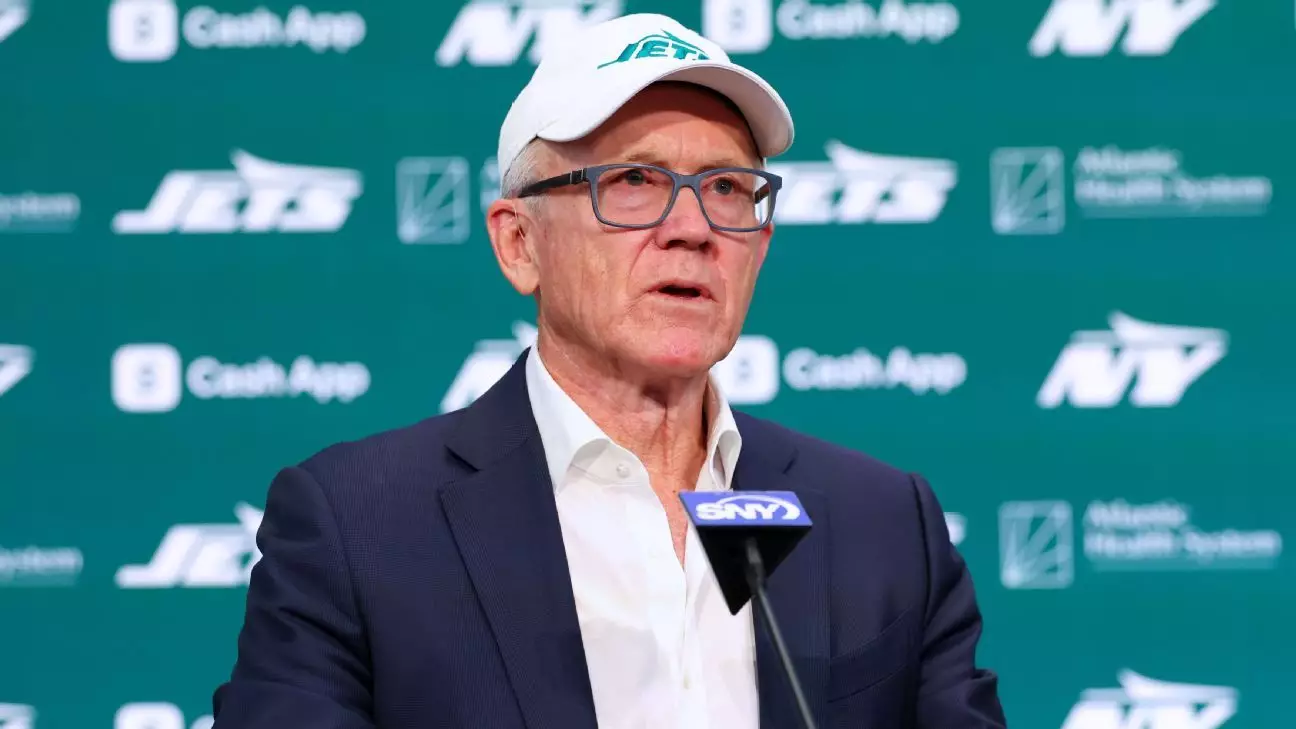Woody Johnson, the owner of the New York Jets, has made headlines with his ambitious decision to invest in the Premier League, specifically by purchasing a 43% stake in Crystal Palace for a whopping £190 million ($254 million). This deal, while exhilarating for Palace fans, is currently pending approval from the Premier League, which must ensure that Johnson meets the Owners and Directors’ Test—a litmus test designed to guarantee that individuals in control of football clubs are fit for the role. Given Johnson’s diplomatic background as a former U.S. ambassador to the U.K., he brings a level of international prestige to his ownership aspirations. Yet, the scrutiny over such high-profile investments beckons the question: Are these ownership tests stringent enough to protect the integrity of the sport?
The Implications of Multiclub Ownership
Johnson’s investment isn’t merely a financial maneuver; it also serves as a strategic response to the complex dynamics of multiclub ownership in European football. With Crystal Palace potentially playing in the UEFA Europa League, this acquisition is critical for ensuring that the club complies with UEFA regulations, which prevent clubs with the same ownership from competing against each other. John Textor, who currently owns a controlling stake in both Palace and Lyon, previously faced challenges regarding these regulations. His inability to comply with certain deadlines has put Palace’s European aspirations at risk, highlighting an essential flaw in the current ownership paradigms. Johnson’s involvement could serve as a much-needed reset, bringing clarity to ownership structures and allowing the club to focus on its competitive goals.
The Changing Face of Club Ownership
The past decade has seen an influx of American investors into European football, each bringing in varying degrees of ambition and management styles. Johnson’s interest in a football club, particularly after his previous unsuccessful bid for Chelsea, adds a layer of intrigue to this narrative. His commitment to acquiring a stake in Palace signals a clear desire to build a legacy beyond his NFL affiliation. However, it also opens discussions on the cultural implications of American ownership in a sport that is deeply woven into the fabric of British society. This blend of American capital and British football may not always yield the desired results; wealth alone doesn’t guarantee success.
A Time for Reflection on Football’s Future
The intrigue surrounding Johnson’s investment paints a picture of a sport in flux. With accusations of “sportswashing” and concerns over the authenticity of club ownership filtering through discussions, the fervor surrounding Johnson’s entry raises critical questions. How will his presence influence not just Crystal Palace, but the broader landscape of English football? Will fans welcome his involvement, or will skepticism prevail given the shifting dynamics? Moreover, this deal could set a precedent for the future of club investments, especially regarding accountability and ethical considerations.
As the football world watches closely, the potential for this American mogul to impact a historic club is both encouraging and concerning. While some fans may greet Johnson’s involvement with enthusiasm, a few skeptical hearts undoubtedly linger, wary of what this trend means for the essence of football itself.

